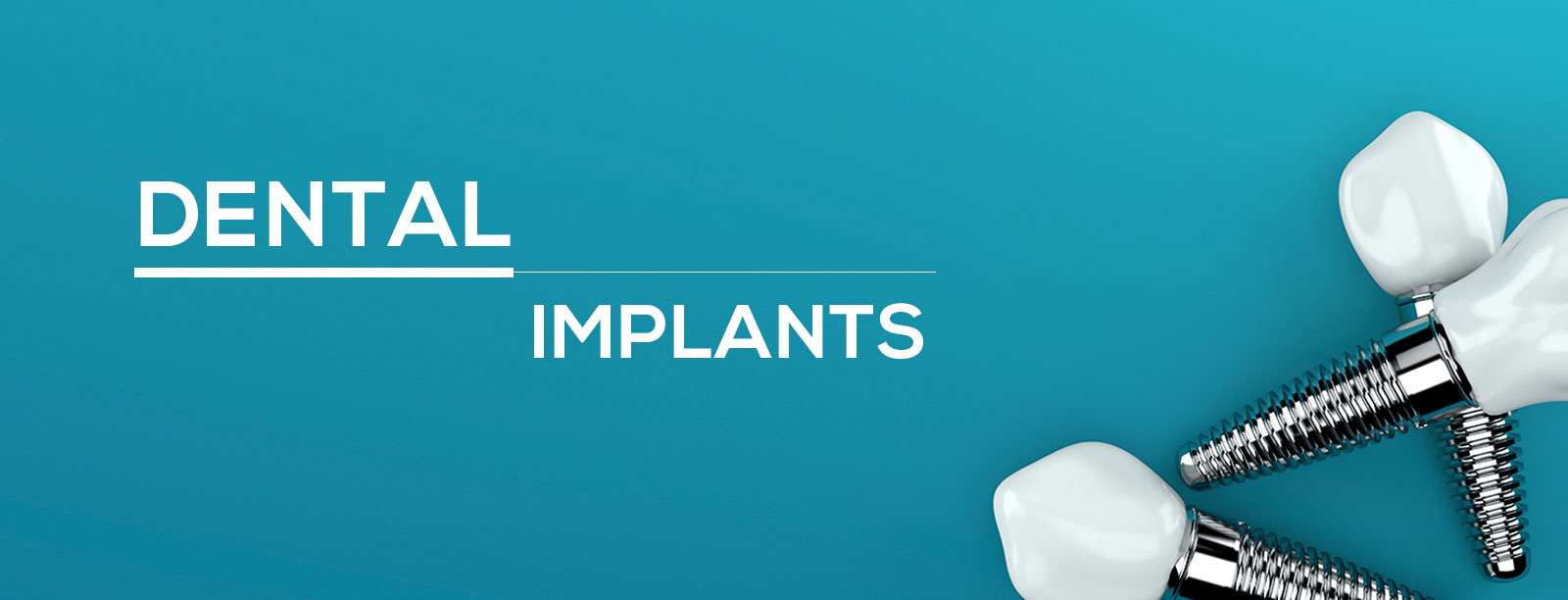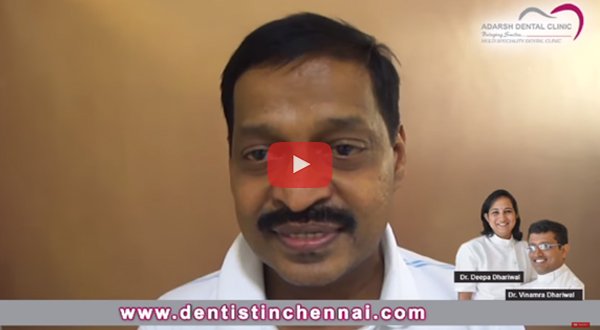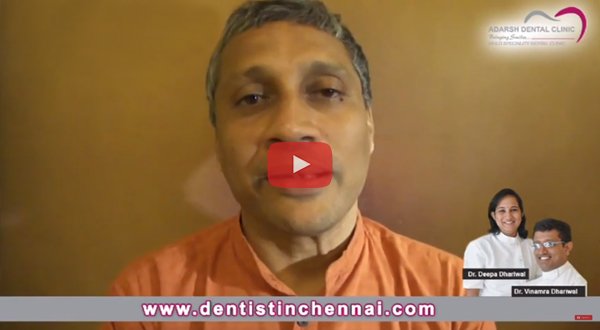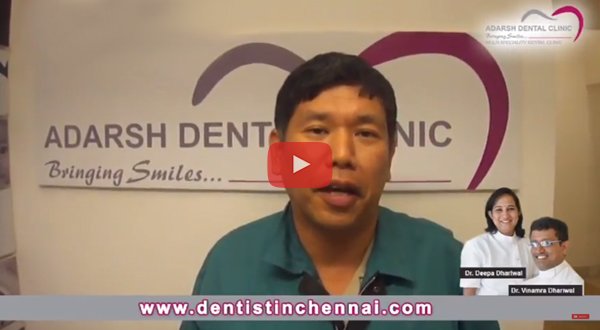Dental Implants
Dental Implants for Missing Tooth Replacement
Dental Implants have changed the face of dentistry over the last 25 years. A dental implant is actually a replacement for the tooth roots or for missing Tooth Replacement option. Like tooth roots, dental implants are secured in the jawbone and are not visible once surgically placed. They are used to secure Dental Crowns (the parts of teeth seen in the mouth), bridgework or Dentures by a variety of means. They are made of titanium, which is lightweight, strong and biocompatible, which means that it is not rejected by the body. Dental implants have the highest success rate of any implanted surgical device.

Success or failure of Dental Implants Procedure depends on the health of the person receiving it, drugs which impact the chances of osseointegration and the health of the tissues in the mouth. The amount of stress that will be put on the implant and fixture during normal function is also evaluated. Planning the position and number of implants is key to the long-term health of the prosthetic since biomechanical forces created during chewing can be significant. The position of implants is determined by the position and angle of adjacent teeth, lab simulations or by using computed tomography with CAD/CAM simulations and surgical guides called stents. The prerequisites to the long-term success of osseointegrated dental implants are healthy bone and gingiva. Since both can atrophy after tooth extraction pre-prosthetic procedures, such as sinus lifts or gingival grafts, are sometimes required to recreate ideal bone and gingiva.
Titanium’s special property of fusing to the bone, called osseointegration (“osseo” – bone; “integration” – fusion or joining with), is the biological basis of dental implant success. That’s because when teeth are lost, the bone that supported those teeth is lost too. Placing dental implants stabilizes the bone, preventing its loss. Along with replacing lost teeth, implants help maintain the jawbone’s shape and density. This means they also support the facial skeleton and, indirectly, the soft tissue structures — gum tissues, cheeks and lips. Dental implants help you eat, chew, smile, talk and look completely natural. This functionality imparts social, psychological and physical well-being.
The practice of implant dentistry requires expertise in planning, surgery and tooth restoration; it is as much about art and experience as it is about science. Dr.Vinamra Dhariwal( MDS, C.C.IMPLANTOLOGY SWITZERLAND) who is the chief Dental Implant Consultant at ADC has a 16-year experience in implantology and has attended various programs at training institutes in India, Switzerland, US, UK, Portugal, Italy, South Korea, Greece, Germany, Bulgaria and many more.








